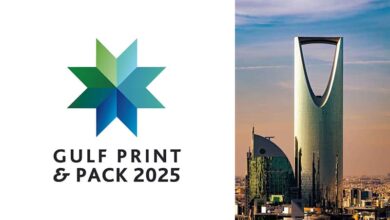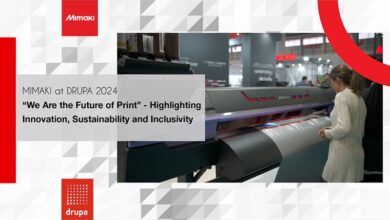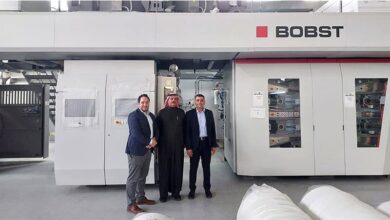Printing Getting Friendlier With OEKO-TEX ECO PASSPORT
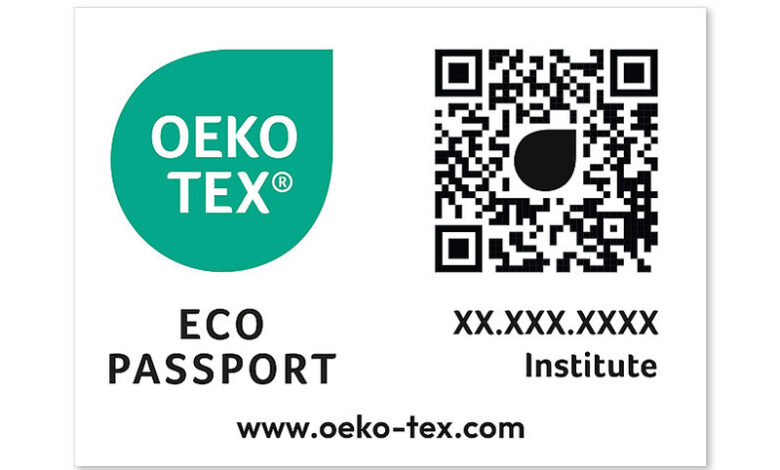
With environmental concerns at the forefront of global discussions, industries across the board are undergoing rapid transformations to reduce carbon footprint and adopt eco-friendly practices.
Often blamed for high resource consumption and waste generation, the textile printing industry has over the years shifted towards sustainability. In a competitive world, the consumer demands transparency and clarity throughout the textile value chain, making it all the more necessary for manufacturers and retailers to meet these requirements to retain their market share.
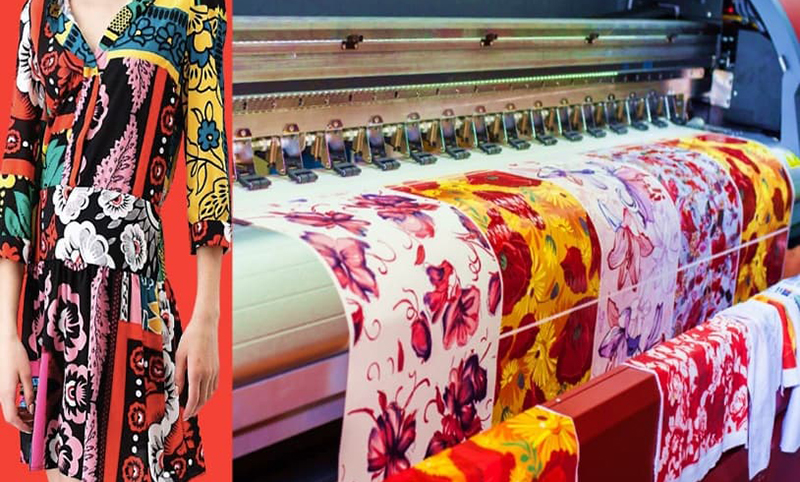
Sustainability and Textile Business
Sustainability is big in textile business. The global ethical fashion market reached nearly $6.34 billion in 2020, expected to grow to $15.6 billion by 2030 at a CAGR of 9%. Ethically conscious consumers have begun to evaluate their purchase decisions around sustainability and traceability of the manufactured product, and relying on the quality of certification provided to reinforce their choice.
One significant development that has gained momentum in recent years is the concept of Environmental Product Declaration (EPD), a system that evaluates and communicates the environmental performance of printed materials throughout their lifecycle.
Setting Global Standards of Safety and Sustainability
With 17 independent research and test institutes in Europe and Japan, and partner institutes and contact offices worldwide, Swiss-based OEKO-TEX works to continually develop test methods and define limit values for the textile and leather industries to achieve the highest standards of safety and sustainable production worldwide. ECO PASSPORT is an independent, multi-stage testing and certification system for chemicals, colourants, and auxiliaries used in the textile and leather industries that verifies and ensures that each individual ingredient meets statutory requirements and are not harmful to human health.

Implications for the Printing Industry
The certification, though not directly related to the printing industry, can have some indirect implications. Supply chain transparency is one such potential implication where printing companies that source materials may benefit from knowing that the chemicals used in their supply chain are safe and sustainable. Another advantage is that printing companies can safely market their products as eco-friendly and sustainable, appealing to environmentally conscious consumers. Compliance regulations will also help printing companies forge partnerships and collaborations, demonstrating a commitment to sustainability and product safety. Other benefits for printing companies include increasing their brand reputation and better market access.
Major Printing Company’s Join the ECO PASSPORT Bandwagon
The rapidly developing printing ink segment has companies the world over looking to expand their markets and consumer base, with major players beginning to shift their focus on manufacturing environmentally friendly, sustainable products as a formula to success. US-based producer of packaging and graphic solutions Sun Chemical has reinforced its commitment to the textile industry’s quality, sustainability, and compliance by securing pivotal ink certifications. Another American company Inkcups, a leading supplier and manufacturer of inkjet printing equipment and inks, has achieved ECO PASSPORT certifications for their entire collection of pad printing inks, besides two other products. UK-based inkjet ink manufacturer Mexar Ltd. has been awarded the ECO PASSPORT certification for safe and sustainable chemicals for their pigment inkjet inks used in textile printing. NUtec Digital Ink from South Africa is another company that has attained the OEKO-TEX certification for select products within its range of water-based inks. Recently, Japanese company Roland DG Corporation, a leading manufacturer of wide-format inkjet printers and printer/cutters, recently announced ECO PASSPORT certification for the ink and powder used in its VersaSTUDIO BN-20D DTF printer.
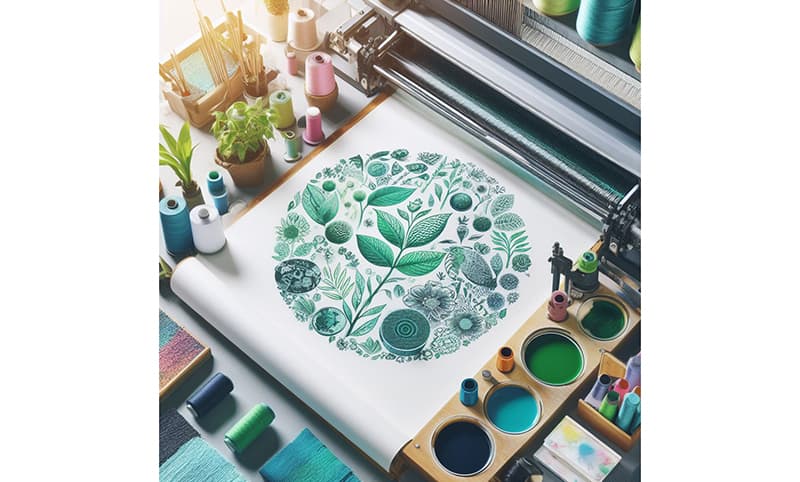
Towards the 2030 Agenda of Sustainable Development
For the printing industry, specific implications of ECO PASSPORT can vary depending on the nature of the printing process, the materials used, and the market segment served. In a veritable jungle of textile certifications, enterprises compete to gain the trust and confidence of the consumer. On the other side, consumers of today know exactly what they want, are market savvy with high product knowledge, demanding hard, reliable, and verifiable evidence of composition and process in much the same way that they look for reliable instructions on product labels.
As 2023 is coming to an end, there are only seven more years to the 2030 Agenda of Sustainable Development. Keeping up with the UN plan of transforming our world, governments worldwide have intensified their drive of providing a transparent and effective regulatory system for the textile industry. Though the pace seems slow, the direction to achieve a safe and sustainable textile production coupled with extensive consumer information is clearly apparent.

